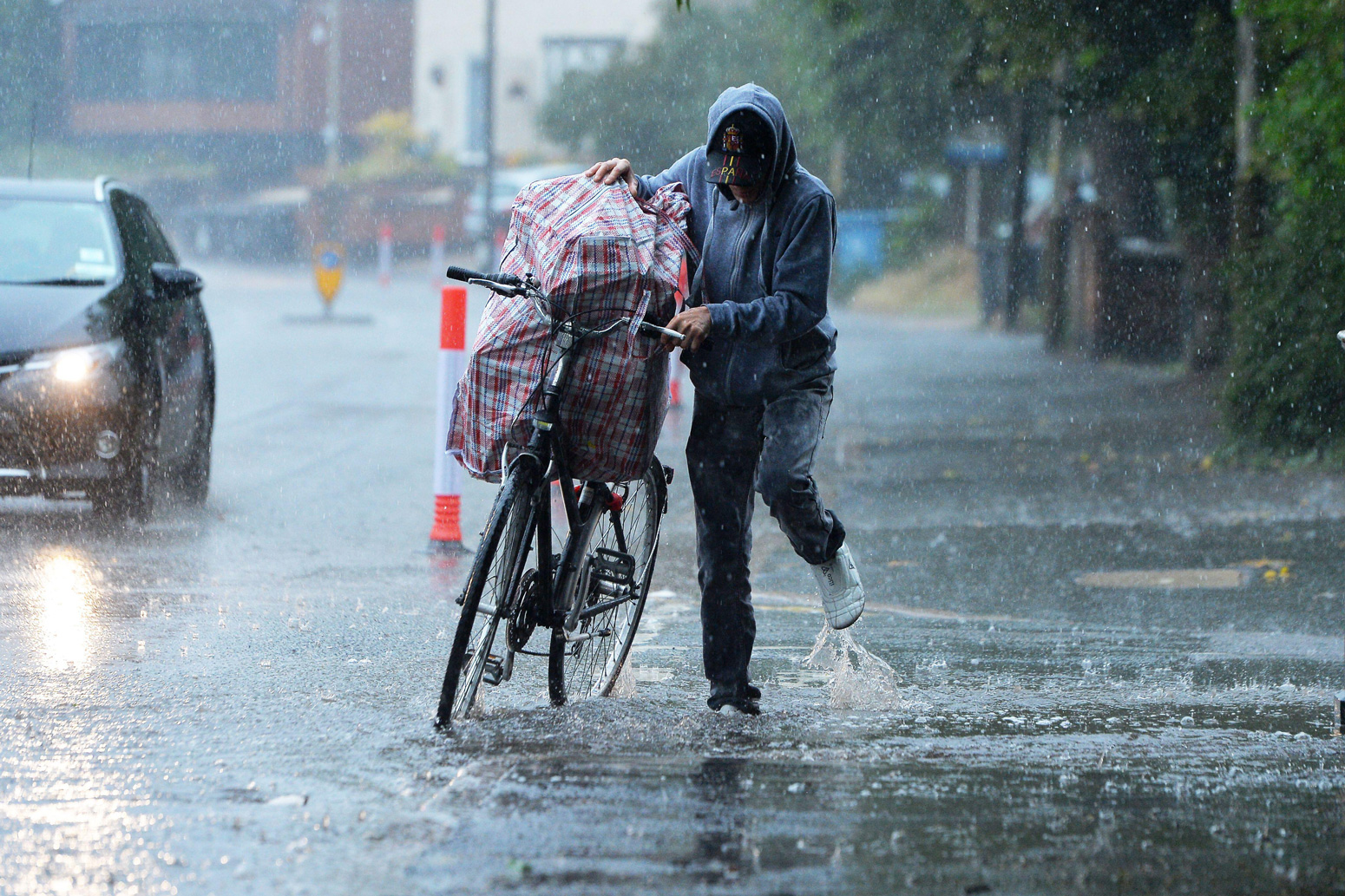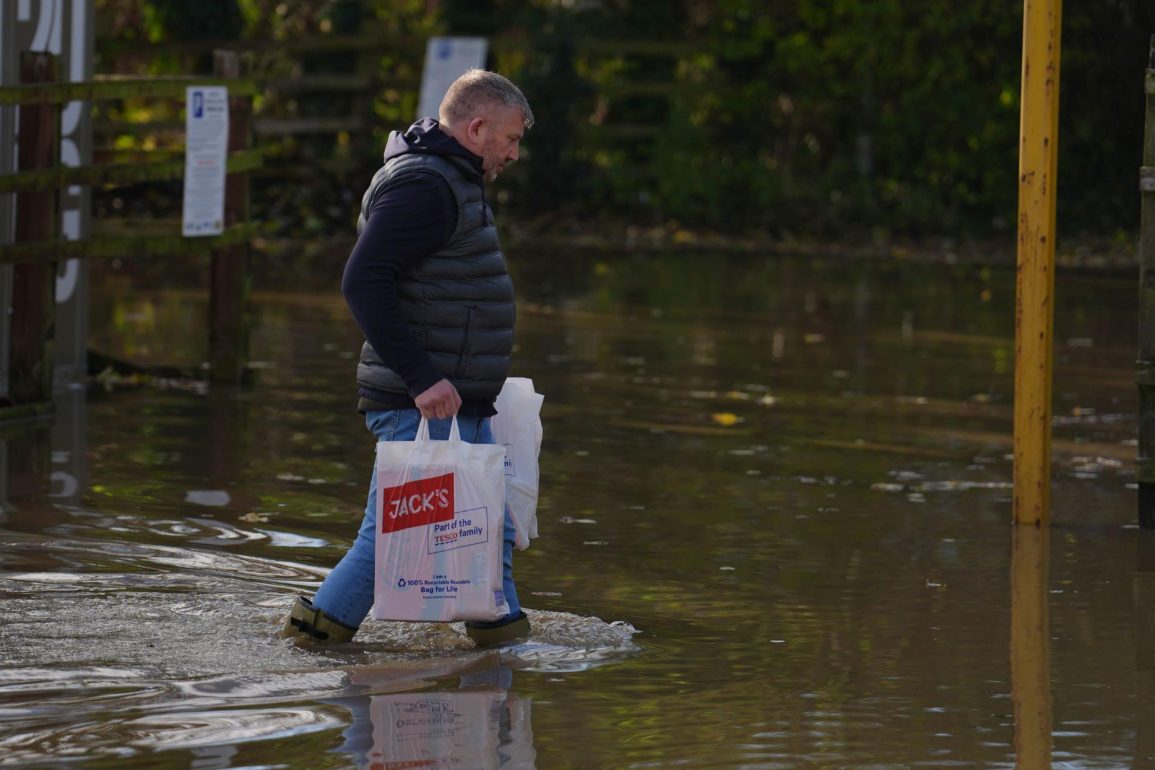Storm Bert, which struck at the end of last month, exemplifies the increasing chaos caused by climate change. Human activities, particularly the burning of fossil fuels, are warming the planet, leading to more evaporation and increased energy in the atmosphere.
This has a dual effect: wetter winters with intense storms capable of dumping large amounts of rain quickly, and hotter, drier summers. Such weather patterns are becoming more common as the impacts of global warming intensify, fueled by the choices we make as individuals and societies.
While connecting any single storm directly to climate change is complex, Storm Bert aligns with the broader trends scientists expect from a warming climate. Recent advancements in climate science now allow researchers to quantify the influence of human-driven global warming on specific events.
For example, flooding in Colombia and Valencia this year has been largely attributed to climate change. Although specific research on Storm Bert is not yet available, its slow movement and intense rainfall are consistent with the patterns linked to a changing climate.

Other factors compounded the devastation caused by Storm Bert. Early weather forecasts underestimated the storm’s intensity, delaying flood warnings that could have mitigated some damage. Additionally, aging flood infrastructure failed in some areas, such as the flood wall collapse in Tenbury Wells, worsening the impacts on communities and businesses. This reveals the growing inadequacy of infrastructure designed for a climate that no longer exists.
As these climate-driven storms become more severe, the limitations of existing adaptation measures are evident. Flood defenses, while crucial, are not foolproof and require regular updates to meet modern challenges. Some areas may not be suitable for defenses at all, as storms increasingly defy historical patterns. Addressing these vulnerabilities requires more proactive planning and investment in resilient infrastructure, alongside efforts to reduce greenhouse gas emissions.
The societal response to climate change remains a critical concern. Despite the clear warning signs from events like Storm Bert, individual and collective actions continue to fall short. Many people persist with behaviors like frequent flying and driving, while global industries and governments struggle to take decisive action. The ongoing divisions at climate summits like COP29 highlight the gap between recognizing the problem and implementing effective solutions, leaving the world vulnerable to escalating climate impacts.

